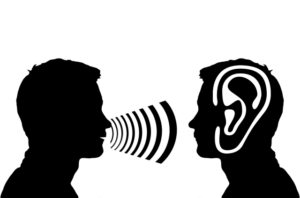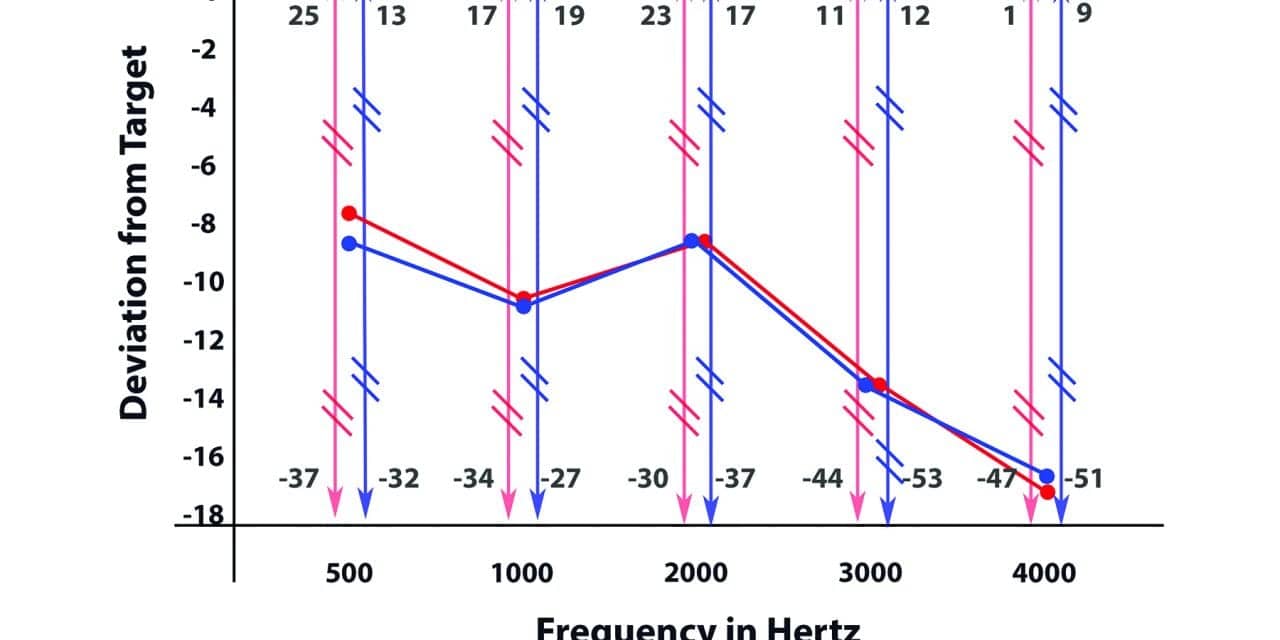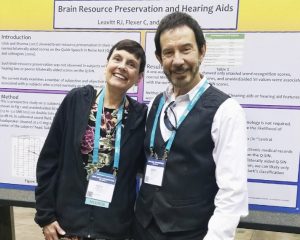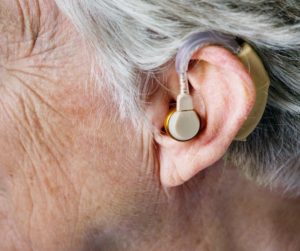Frequent readers of this section are well aware that hearing loss changes the brain in ways that foster dementia. Those who have missed this news are referred to the following article (https://corvallishearing.com/hldementia)
Unfortunately, recent information suggests that well before dementia sets in there are a large series of changes that take place that make the brain function in abnormal ways (https://corvallishearing.com/congenital-deafness).
These new findings use radiographic techniques to show the numerous essential inter connections that exist between the primary and secondary auditory areas of the brain and all other parts.
These brain interconnections must be functional for people to completely comprehend spoken or written language or even maintain appropriate social behavior. To quote Dr. Kral and his colleagues, “The experienced adult brain relies on higher-order representations for generating expectations about the environment based on the context and behavioral goals. These expectations are possible since the brain has developed a meaningful representation of the world (sensory information) that is constantly updated and compared with external events. With the mature micro circuitry the auditory (area of the brain) can integrate bottom-up and top-down (sensory and intellectual) information flow. In cases of conflict between the input (from the senses) and these (memory) expectations, error signals drive plastic changes and learning. These processes require experience and a functional interareal (whole brain) and intrinsic (brain) circuitry.”
Stated differently, looking only at the auditory area of the brain is missing the point.
Knowledge of the critical importance of these inter connections brings us to an obvious question: What should we be doing to foster interconnected brain health?
Fortunately, we have research that addresses this intervention question.
First, there must be a foundation that allows for hearing the maximum number of speech sounds in individuals with hearing loss (https://corvallishearing.com/audibility).

Depending on the level of hearing loss, this first rule mandates use of hearing aids or cochlear implants long before hearing loss becomes chronic. Again quoting Dr. Kral and colleagues, “changes (due to hearing loss) in columnar microcircuits (deep and superficial brain connections) and interareal couplings (connections within the larger parts of the brain) limit the outcome of sensory restoration (hearing aids and/or cochlear implants) if performed late in life.
Stated differently, there is a point of no return. The body is a habitual machine and if you let it develop bad physiological habits (untreated hearing loss) for a long period of time, these bad habits cannot be undone.
However simply obtaining timely hearing aids or cochlear implants is not enough. These devices must be properly programmed and most are not (https://corvallishearing.com/oregon-fitting-errors)
Secondly as noted by Kral and colleagues, the individual must maintain brain stimulating, language-rich social contacts. (Use it or lose it).
To summarize, a healthy brain requires maximum audibility of speech sounds and intellectually stimulating use of those audible words.
For more in-depth discussion of this issue the reader is referred to the following summary (https://corvallishearing.com/entrain-brain).


